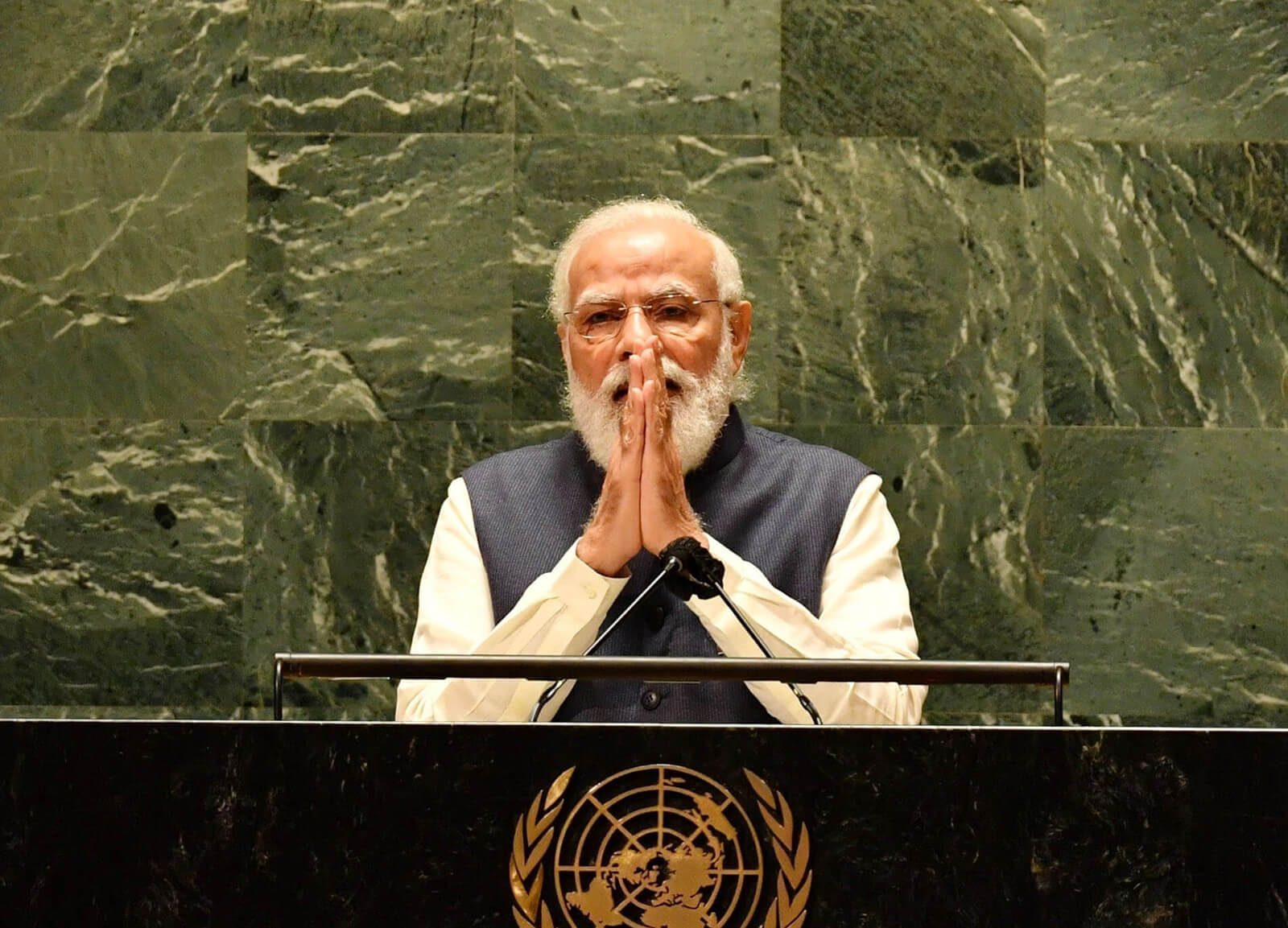
India is Only Aligned to its National Interest

Our abstentions in the UN on various resolutions on the Ukraine conflict have exposed us to political attacks in the West. We are expected to join it in condemning Russia’s invasion of Ukraine. Our resistance to do so is being decried by opinion making circles in US and Europe and is said to be causing us to lose goodwill.
The obsession in US circles to draw us away from Russia is pronounced. We are being told that Russia’s friendship with India is exaggerated and that the US has been a better friend of India than Russia in the last 10 or 15 years. It is true that ever since the India-US nuclear deal the relations between the two countries have burgeoned, whereas those with Russia have lacked real vibrancy. The scale and scope of our relations with the US is much vaster than it is with Russia. But this is no reason to sacrifice one relationship for the other, as each relationship fills a specific need of ours.
Our trade with US at $145 billion dwarfs that with Russia at $8.1 billion, which means that various sectors of our economy, our entrepreneurial class, our economic modernisation programmes etc., are far more tied to the US than to Russia. The people to people contacts at the diaspora, academic and cultural levels are those of a different order altogether in the two cases. We now have expanding defence ties too with the US, with military exercises of a range and quality that we don’t have with Russia.
But is that a good argument to diminish our ties with Russia? We have big and small ties with a whole host of countries. Should those be considered dispensable because we have such strong ties with the US and these can substitute for our relations with others?
We have traditional ties of friendship and good understanding with Russia. It remains our principal defence partner, even as our defence ties with countries such as France and Israel too are expanding. Russia gives us platforms and technologies that other countries, including the US, do not. Russia has never sanctioned us, or threatened to do so. The denial of cryogenic technology after the Soviet Union’s collapse was on account of intense US pressure on a Russia in complete disarray at that time.
With the challenge we face on our northern border we must ensure that our defence readiness does not suffer by way of flow of spare parts and services. To argue that US, unlike in the past, is today ready to respond to India’s defence needs is certainly reason enough for us to strengthen our defence ties with the US where needed, but it is definitely not reason enough for us to constrict our sovereign choices and dilute our defence ties with Russia under external pressure.
Where we judge that the US equipment is superior, with due weight given to the price factor, we would no doubt buy American. The US is already becoming a partner of choice in some areas of our defence requirements, and that trend will continue. It should not, however, become over demanding and seek a quasi-exclusive relationship. With Russia, India does not have to contend with laws like CAATSA and live with uncertainty about the potential of being subjected to sanctions.
The US wants India to move away from Russian equipment and offers to help us to make this transition without asking itself the question why we should move from one dependence to another. Let the US actively promote our plans to expand defence manufacturing in India through needed investments and transfer of technology, in which case the transition away from Russia will automatically happen. Just selling high end American defence platforms to India and generating more business for US defence firms is not the answer.
India is an Asian country and the dictates of geography are important. India must have a presence in neighbouring Central Asia, and this is facilitated by our good ties with Russia which had pushed for our SCO membership. Weakening our ties with Russia under US pressure or condemning Russia in the UN on Ukraine at US behest, will compromise our interests in the Central Asian region, both on the issues of security and economy, given the threat to this region from ascendant radical Islamic forces represented by the Pakistan linked Taliban in power in Afghanistan.
India also needs to maintain some equilibrium in the triangular Russia-India-China relationship, already disturbed against India’s interest by the deepening of strategic ties between Russia and China, elevated today to “no limits” partnership. Russia’s stakes in ties with India should not be squandered unnecessarily by our bandwagoning with the West on Ukraine. To the extent our close ties with Russia serve as a cushion to some degree against China by inducing Russia to remain neutral, it is helpful.
The US has no influence on China in this regard. Speculation in western journals like, The Economist that with Russia drawing closer to China, in a future India-China conflict, China may successfully persuade Russia not to sell arms to India is to visualize imaginary scenarios. If this is a potential problem for India, is the strengthening Russia-China strategic ties less of a problem for the West on a much larger strategic plane? And are they learning a lesson from their policies that have pushed Russia into the arms of China? The Times of London reportedly thinks India should be denied western aid for its refusal to condemn the Russian invasion of Ukraine, forgetting that the West gives no aid to India.
It is this mindset that requires us to stand our ground and do what is in our national interest and keep our options in all directions open. The collapse of Russia as a power will create a geopolitical void that China will fill. That is against India’s interests.
Russia’s invasion of Ukraine for geopolitical ends is not unique as western democracies have taken military action in other geographies in pursuant of their national interest. Russia has done us no harm. We have no interest in regime change in Russia. We should be concerned, as others should be, that brinksmanship that could lead to a nuclear war must be avoided. For that the doors of a dialogue must be kept open. India’s refusal to take sides in the way the West wants shuts out one more door by polarising positions further.
Concerns are being expressed by well-wishers of India in the US about the growing anti-India sentiment in the US Congress because of India’s abstentions in the UN. Some doubts are being expressed even in business board rooms about expanding investments in India in view of India’s position. This raises the question about the inherent uncertainties in forging such close ties with the US. It can make India vulnerable to the vagaries of US politics in the future.
This is a challenge that India has to face going forward. In the immediate, we have to deal with US pressures on us, including in the Congress, on the Ukraine issue. More active diplomacy is required, reinforced by pro-India lobbies in the US, to blunt these pressures by explaining better the rationale of our position and removing any impression that this stems from any “nonalignment” syndrome. Some of our well-wishers in the US harbour this notion also.
We are increasingly aligned with the US on many fronts in our national interest, but not on all, and that too in our national interest.
***********
Disclaimer
The opinions expressed in this article are the author’s own and do not reflect the views of Chanakya Forum. All information provided in this article including timeliness, completeness, accuracy, suitability or validity of information referenced therein, is the sole responsibility of the author. www.chanakyaforum.com does not assume any responsibility for the same.
Chanakya Forum is now on . Click here to join our channel (@ChanakyaForum) and stay updated with the latest headlines and articles.
Important
We work round the clock to bring you the finest articles and updates from around the world. There is a team that works tirelessly to ensure that you have a seamless reading experience. But all this costs money. Please support us so that we keep doing what we do best. Happy Reading
Support Us



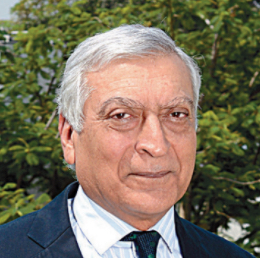

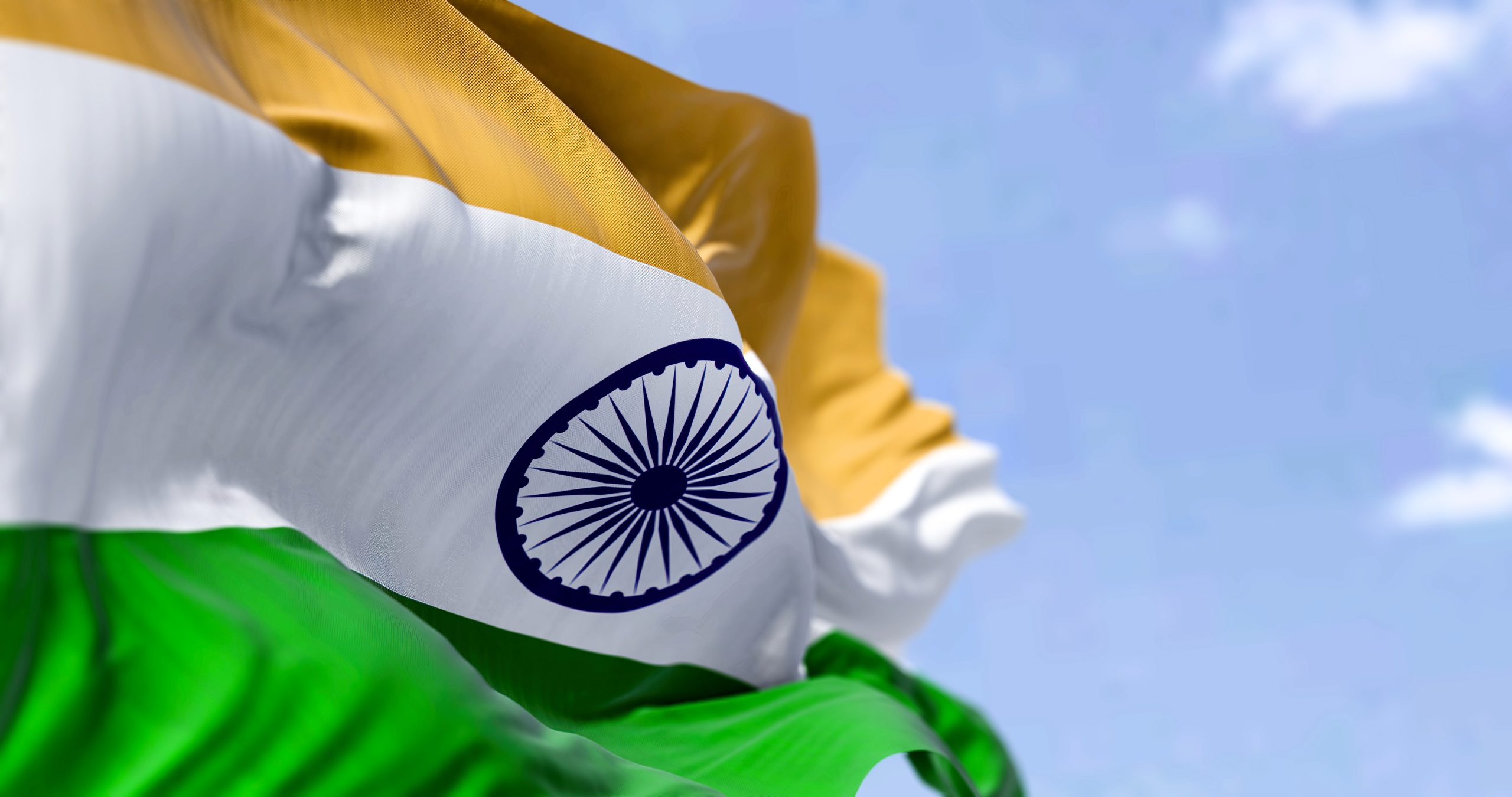
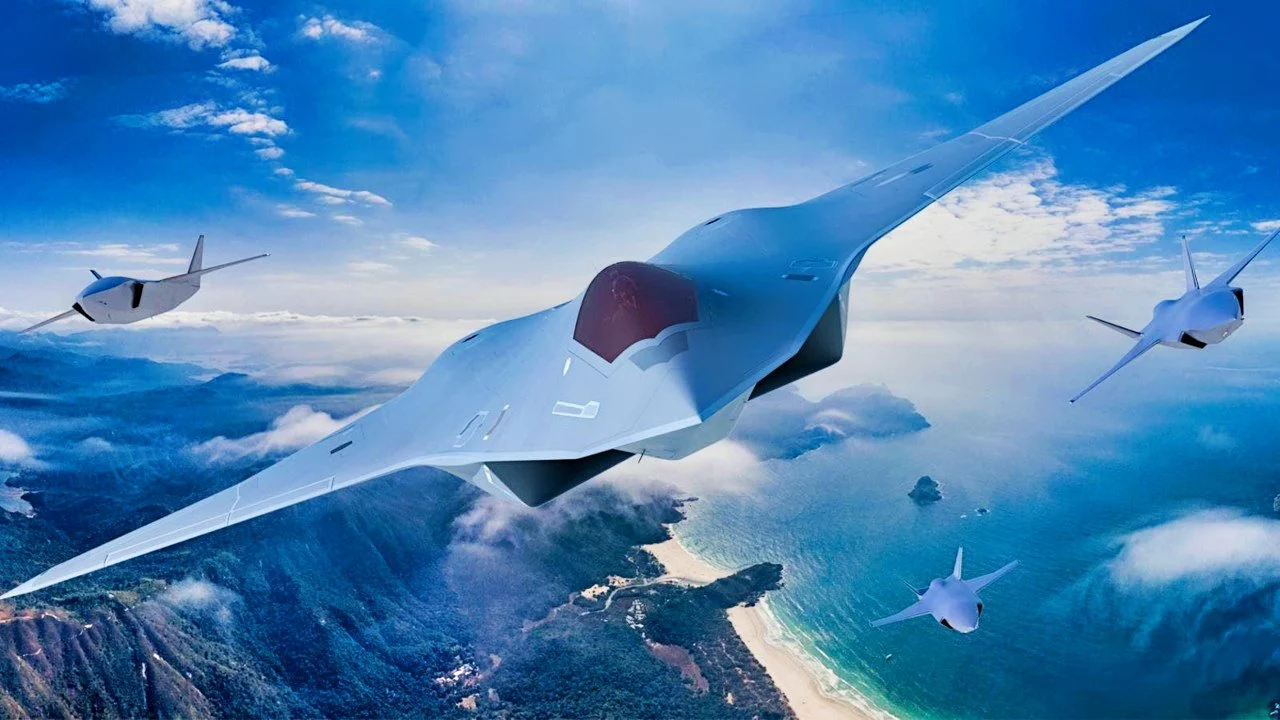
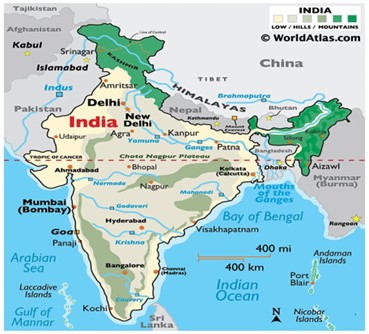













POST COMMENTS (5)
Sayantani Gupta
Mayoor Tripathi
Anisha Das
Rj
Kalidan Singh